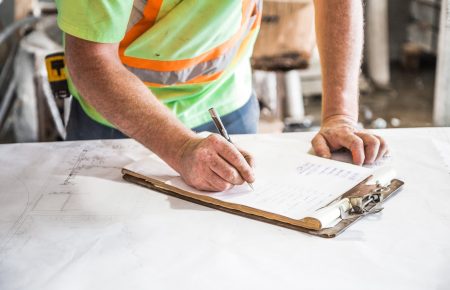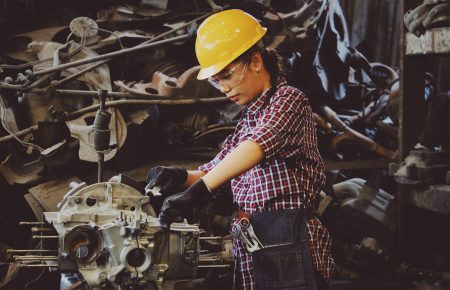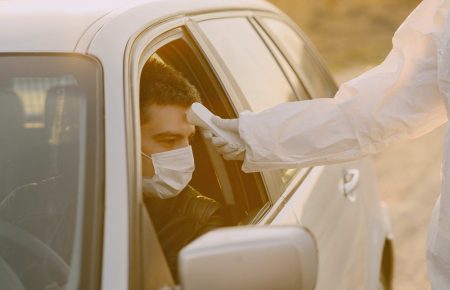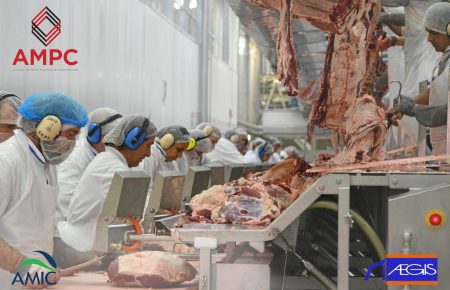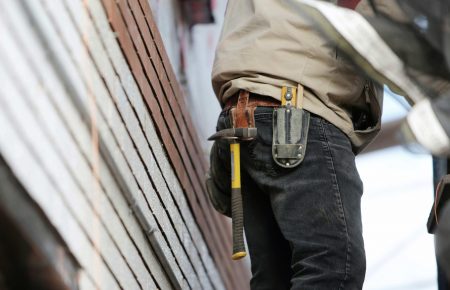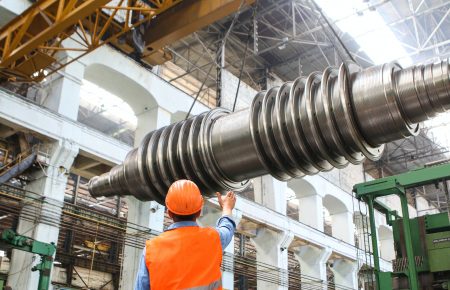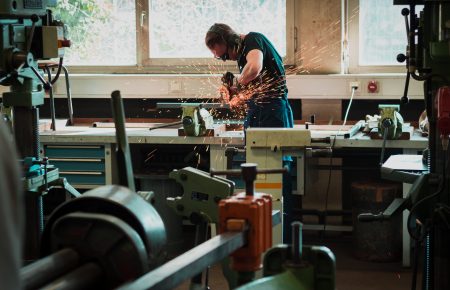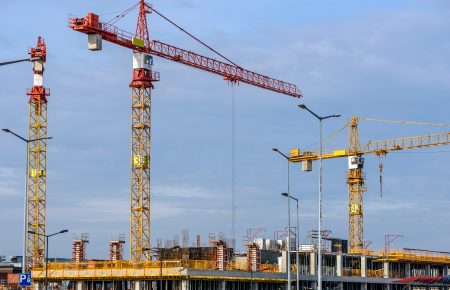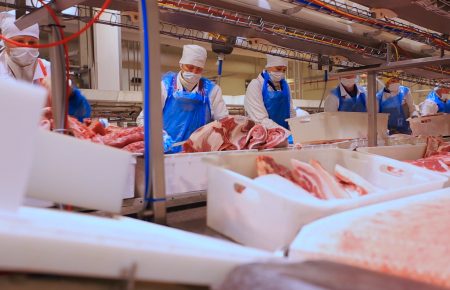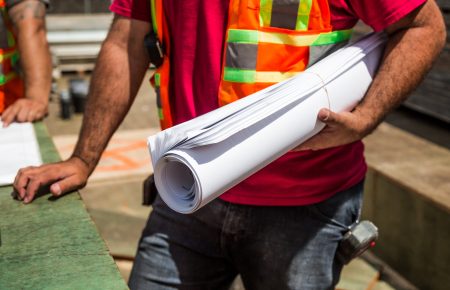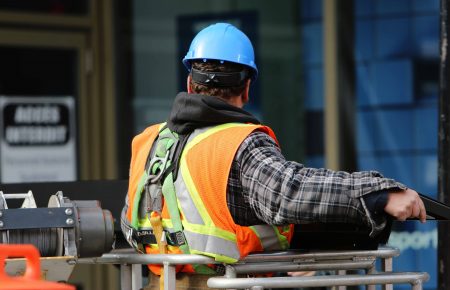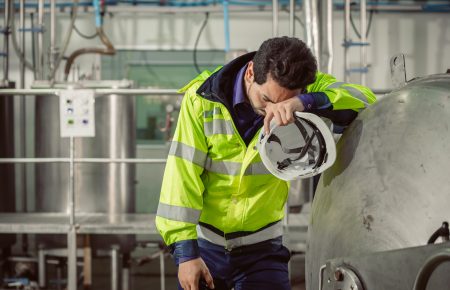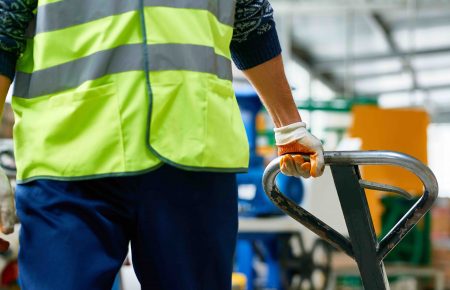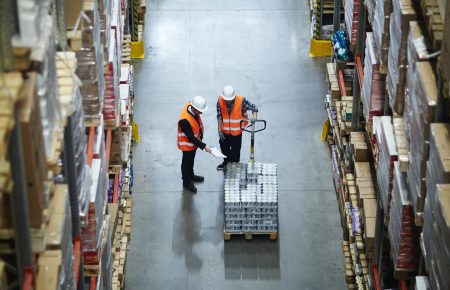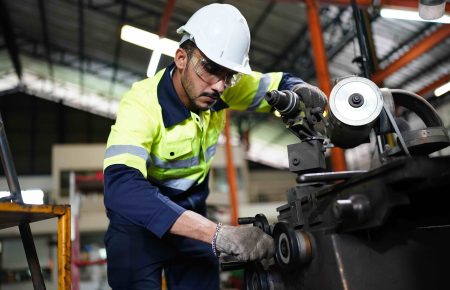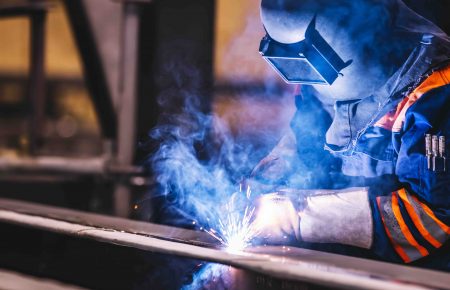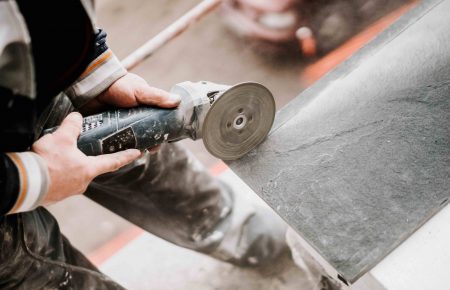The natural mineral silica is found in many products across a range of industries, for example reconstituted stone in kitchen benchtops.
However, crystalline silica in the form of dust is extremely dangerous when inhaled. Workers exposed to silica dust can develop chronic bronchitis, emphysema, lung cancer, scleroderma, kidney damage and silicosis, of which there are acute, accelerated and chronic varieties.
Silicosis
Silicosis is a scarring lung disease, which over time stiffens the lungs so they can no longer transfer oxygen into the blood stream. At first there are no symptoms but over time causes shortness of breath and coughing, which worsens over time.
Work activities that might expose workers to silica dust particles include paving and surfacing, stone cutting, clay and stone processing, excavation and earth moving, foundry casting and construction labour.
Working with artificial/reconstituted stone is particularly dangerous, as it can contain up to 95 per cent crystalline silica.
Obligations as an employer
If you are an employer in an industry where workers might be exposed to crystalline silica, you have an obligation to protect your employees.
WorkSafe has guidelines for employers, all centred around protecting your employees from exposure.
The Occupational Health and Safety Regulations (Part 4.1 Hazardous Substances) sets out the legal requirements for working with silica.
Employers must eliminate or reduce risks as much as practicable by using the hierarchy of hazard controls.
There are different specific hazard controls for each workplace setting — factory or on-site installation for example — but they all fall under the general headings: Elimination, Substitution, Engineering Controls, Administrative Controls and PPE.
Factory work, for example, requires engineering controls including not using compressed air to clean benchtops, rather using water/wet wiping, and using respirators if exposure is above the exposure standard.
It is imperative that employers do not exceed the Australian Workplace Exposure Standard (0.1 mg/m3 over 8 hours) to silica dust. WorkSafe recommends that exposure is kept at or below 0.05 mg/m 3 over 8 hours.
Employers must offer health monitoring if exposure to crystalline silica is likely to affect employee health.
Air monitoring systems should be installed if you are not sure what level your employees are being exposed at. Often, without air monitoring you have no way of knowing if your employees are at risk.
WorkSafe currently inspect workplaces where artificial stone is made into benchtops. They are also conducting awareness campaigns through the media and via medical education, as well as health screenings for stonemasons.
WorkSafe Victoria is working with medical experts and researchers to develop a ‘Current state of knowledge’ about crystalline silica health assessments. A free health screening for all past and present workers in the stonemason industry commenced in May 2019 in Victoria.
In the future, WorkSafe hopes there will be a ban on uncontrolled dry cutting and a new compliance code on silica in stonemason workplaces.
In addition, Safe Work Australia is currently reviewing the Australian Workplace Exposure Standard. As more research on silica-related diseases comes out, the exposure standard may be further reduced.
Return to Work considerations
The current medical advice is that workers who have been diagnosed with silicosis should not return to a workplace if there is risk of re-exposure.
Employees with silicosis may have skills that transfer to other roles. However, they will most likely need support and/or retraining.
The new employment opportunities need to take into account a safe environment for someone with silicosis, including environmental irritants, temperature extremes and heavy work.
Employers need to take seriously their obligations around reducing crystalline silica exposure in the workplace. This mean not only adhering to the guidelines but also responding in a timely and appropriate manner if there is a case of silica-related illness. In addition, having a valid workers’ compensation policy is imperative to ensure protection for both your employees and your business.
For more information around these issues, don’t hesitate to get in touch.











